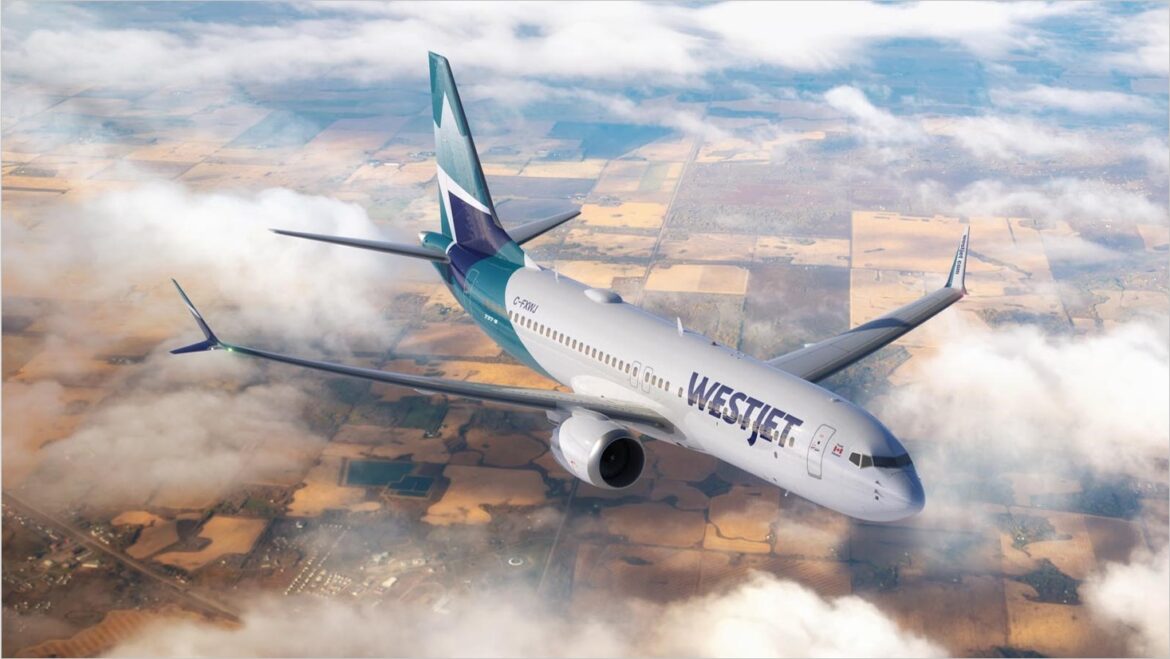365
Home Employment LawAttention business travellers: Federal Court ruling involving WestJet provides clarity around compensation for cancelled flights

HR News Canada is an independent source of workplace news for human resources professionals, managers, and business leaders. Published by North Wall Media.




